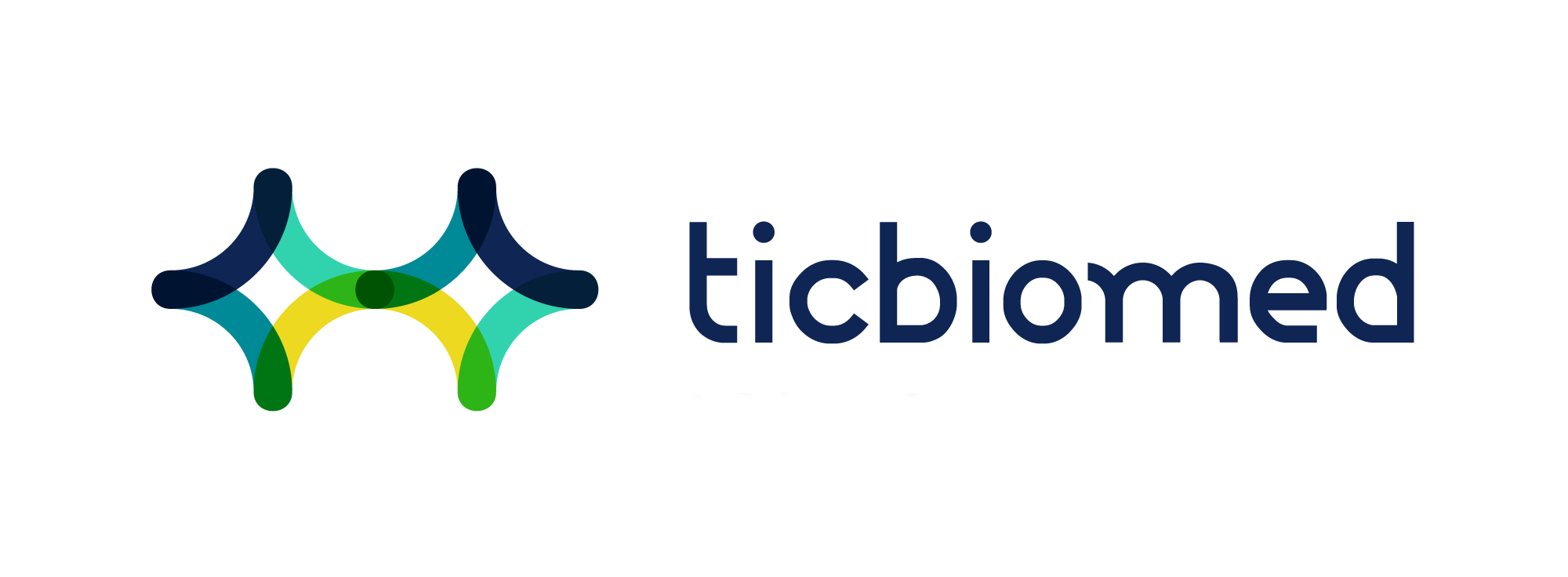The answer, as expected, is: it depends. Above all, it depends on finding the right partner. One that not only carries out a specific integration in a particular centre but also enables large-scale systematisation of integrations.
And one that carefully considers all business aspects; technological, legal, economic, and, of course, human.
—
We discussed all of this with Antonio Monsó, CEO of Meditecs (Ticbiomed partner), and Hans Geuens, CTO of Teleconsult, one of their key clients.
To set the scene, Hans opened the webinar by explaining the main interoperability challenges his company faced before partnering with an expert, such as Meditecs.
Technological integration challenges that can hinder growth
Teleconsult provides hospitals worldwide with access to its global network of radiologists specialising in various fields and interoperability experts.
They focus on remote diagnostic imaging—CT scans, MRIs, mammograms, and all types of radiology—as well as test interpretation and report generation.
In the early days, their radiologists worked directly with each centre or hospital’s systems. Managing operations locally across multiple locations presented several challenges:
- The need for training to master multiple systems and platforms.
- As the company naturally grew, efficiently distributing investigations, monitoring response times, ensuring report quality, and conducting internal audits became increasingly difficult.
- Billing and cost control also became highly complex.
A Partial Solution: Enterprise Imaging (now HealthCare)
This platform allowed them to unify and centralise processes. However, its use still required different APIs and interfaces from each provider, reliance on integration engineers’ availability, high interface licensing costs for each new client, and limited flexibility to customise workflows.
The Ultimate Solution: Smart Connect by Meditecs as the Sole Intermediary System Between Clients and Their Platform
For Teleconsult, partnering with Meditecs marked a turning point.
- They gained full control over their integrations, without relying on external services.
- Unlimited flexibility in managing formats and protocols.
- Seamless integrations, thanks to an in-house library of connectors.
- Significant reduction in connection costs and timelines.
Moreover, Meditecs has an exceptional, highly experienced team and an approach to interoperability that is perfectly aligned with market demands. They are a key enabler in enhancing professionals’ experience and optimising operations.
As Hans himself put it: “Without the support of an interoperability partner like Meditecs, we wouldn’t have grown the way we have over the past 12 years.”
Variety of Sources and Formats, Data Security, Consistency… Integration Also Presents Multiple Technical Challenges
In addition to the challenges outlined by Hans from the client’s perspective, Antonio added some key technical aspects to consider.
- Each system has its own particularities, making integration more complex.
- The source and format of stored information vary widely and can sometimes be difficult to access.
- In Europe, data protection laws are extremely strict.
- Not all data is necessary, and not all clients have the capacity for proper filtering.
- In some cases, smooth communication with external systems is essential.
- Compatibility with software updates must be ensured so that nothing stops working at any time.
The Keys to Meditecs’ Success: Adaptability and Scalability
Being able to adapt to all the possible circumstances within the ecosystem and having the right team and expertise to support clients in scaling their operations—while keeping costs under control—are Meditecs’ hallmarks and the secret to its success.
A Middleware, Excellent Training, and Clear Protocols to Avoid Relying on Individual Knowledge
When we asked Antonio about the ideal profile for a startup considering hiring an in-house integration expert, he started with a strategic suggestion: working with middleware to handle multiple integrations without modifying the product (and without having to create countless API versions that then need ongoing maintenance).
Regarding professional backgrounds, the most common qualifications include degrees in telecommunications, computer science, or health engineering. Alternatively, candidates can enter the field through an advanced vocational training programme, gaining experience in integrations thereafter.
It is essential to have knowledge of protocols, cybersecurity, and compliance—and, crucially, the ability to conduct risk assessments with a strong ethical approach.
Additionally, having what could be called clinical competencies is highly beneficial, allowing professionals to navigate the healthcare ecosystem with ease. Soft skills, such as effective communication, are also key. And if these skills are backed by relevant certifications, even better.
In any case, having a clear methodology and well-defined protocols is always highly valuable. This ensures that any qualified professional can continue the work, regardless of whether they were responsible for the original integration.
Challenges and Opportunities: Artificial Intelligence
In addition to the challenges already described, AI brings some extra ones, such as the particularly sensitive nature of the data, regulatory constraints, and the need to process and filter vast amounts of information.
Working with AI remains uncertain in many respects, but for Meditecs, it is already unlocking a world of exciting possibilities, particularly in terms of middleware solutions and integrations with different systems.

Interoperability as a Strategic Growth Driver: Three Very Different Success Stories
Antonio concluded the webinar by sharing several projects with very distinct characteristics, helping us better understand just how crucial interoperability can be—not only for the success of a specific project but also for a company’s overall growth.
Sometimes, the starting point involves numerous small projects that need to be integrated across multiple locations.
To address these challenges, our partner offers Meditecs Smart Connect, a platform that is remotely deployed within a hospital’s network, allowing interfaces to be configured, workflows to be tested and validated, and operations to be monitored 24/7. With everything standardised, pricing and timelines can be anticipated, significantly simplifying the commercialisation process.
Another success story is a remarkable example of data management. The application of a therapy for patients with certain heart conditions depended on hospitals correctly identifying those patients.
Meditecs’ ability to aggregate information, cross-check data, identify potential candidates, and provide the cardiology department with the necessary management tools was crucial to the initiative’s success.
Finally, Meditecs also works with other cutting-edge technologies beyond AI. Digital pathology is a form of diagnostic imaging that deals with extremely high volumes of data and must also comply with the stringent IHE regulations for integration.
Meditecs addresses both challenges with its proprietary integration engine, DICOMPath, which is already available to its clients.
In Summary
Integration and interoperability are cross-cutting and highly critical factors in implementing technological solutions within the healthcare sector. However, as Hans mentioned at the start of the webinar, they can also serve as a key differentiator and a powerful growth lever—provided the company partners with the right expert for its developments.
Thank you, Antonio and Hans, for an incredibly insightful session.
See you next time!
—
If you like, you can also

